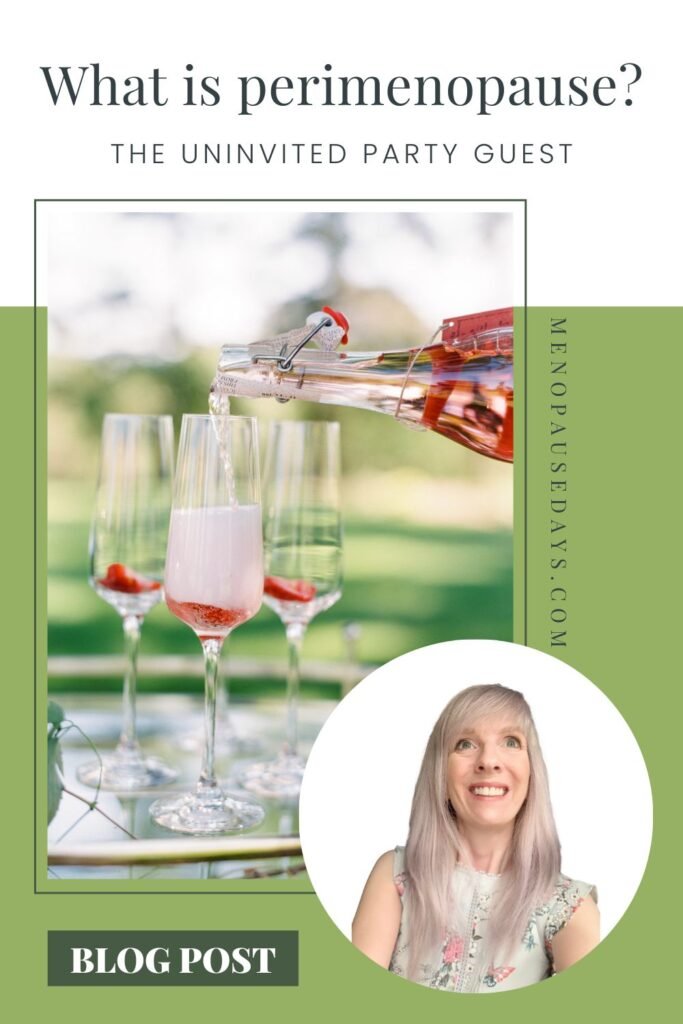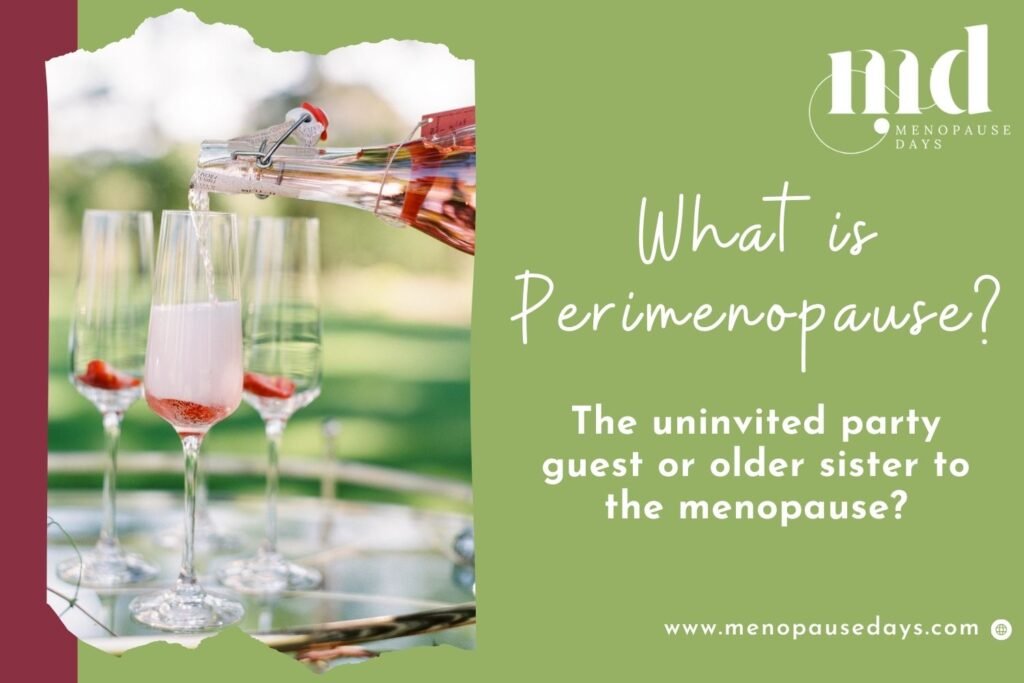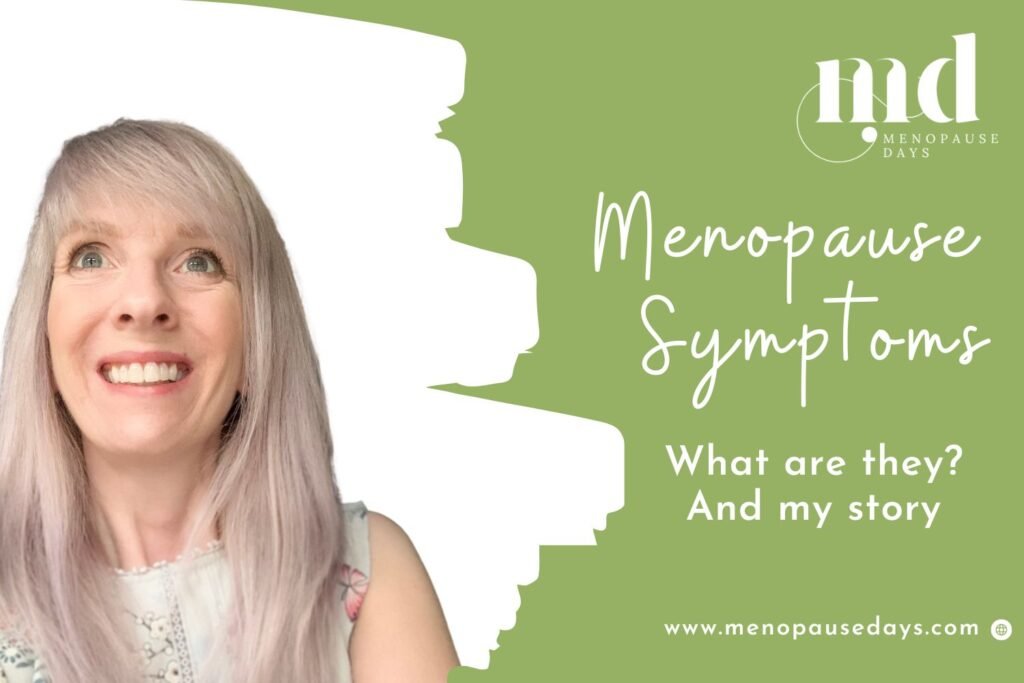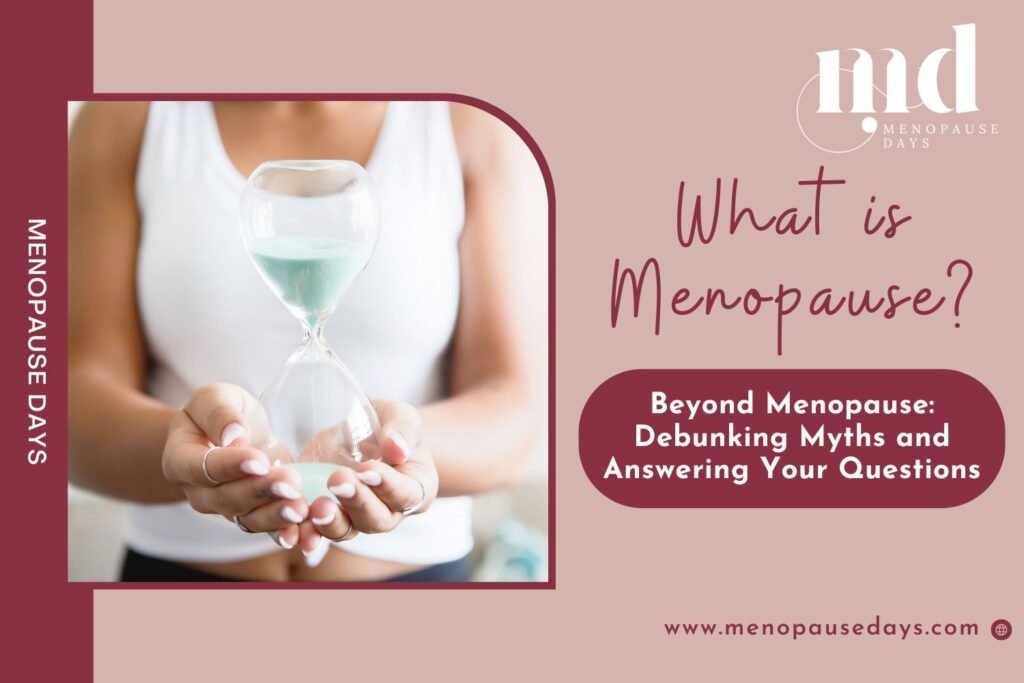THE UNINVITED PARTY GUEST OR THE OLDER SISTER TO THE MENOPAUSE?
I guess a mixture of them both. I know when I heard the term perimenopause “I thought what the hell?” I’m 37!!! I’m way too young! Unfortunately, I wasn’t. At the time I was like most 30-somethings. I was just living my life, work was busy, my life outside of work was full and I had plans for the future, which definitely didn’t include being perimenopausal.
Unfortunately for me, that uninvited party guest, the perimenopause had well and truly crashed my party. I later found out, that it had brought its friends too, fibromyalgia and chronic fatigue syndrome (CFS). Well, that trio of guests were ones you definitely didn’t invite and they overstayed their welcome!
In true bury your head in the sand or should I say carry on being the best hostess at the party I could. I ignored everything, all the symptoms I felt and how bad I felt. I didn’t change my lifestyle or research what I could do to help myself. I thought if I gritted my teeth and pushed through one day I would wake up and all would be well.
The uninvited trio of guests would have left and life would be back on track. No surprise, the guests remained and I ended up two years later crashing and burning in true the party went on far too long style!
So what could I have done differently? And if you feel like any of this relates to you, read on.
First off, I should have taken more interest in what the perimenopause was. But to be honest there wasn’t much information out there at the time. I’d heard of the menopause but I hadn’t heard of perimenopause. It’s older sister.
Plus I think in your 30s the last thing you want to hear is you’re heading for menopause or what most people refer to as ‘The Change’. The only time anyone mentioned it was to ridicule it or it was hushed in whispers because if you mentioned it as a woman there was a good chance it could be catching! And you wanted to avoid that at all costs.
I look back now and I think why didn’t I find out what I could about it? I could have helped myself and by being informed picked some better lifestyle choices and got some help. Therefore for you to be better informed than I ever was and to be prepared for that uninvited guest, let’s talk about what perimenopause is.

What is perimenopause?
“The period of a woman’s life shortly before the occurrence of the menopause.” The Oxford Dictionary
It’s the time leading up to menopause and it’s part of the whole menopause transition. A lot of the symptoms you experience at this time are because of the decreasing levels of oestrogen. This is when we can experience the majority of the menopause symptoms but you are still having your periods.
Perimenopause how many years?
Perimenopause on average lasts around 4 years but it can be from 3-7 years and last up to 14 years.
Perimenopause what age does it start?
The average age is 47, but it can be from 45-55 years old.
Perimenopause can also start in your 30s and this is called early menopause. I was diagnosed at 37 but at the time there was little information provided or available.
Perimenopause when will it end?
Perimenopause ends when you haven’t had a period for 12 consecutive months or more.

PERIMENOPAUSE SYMPTOMS
What are the signs of the perimenopause?
What are those perimenopause symptoms? I’m going to list them but also where I can add in my own experience of them. This won’t be everyone’s experience of perimenopause as everyone’s experience is unique to them but I wanted to not just have a list of symptoms I wanted to share my experience of it so you know I have an understanding of what you are going through.
Irregular periods
These are usually caused by the fluctuations in your hormones. Over this transition time, you may experience, lighter/shorter periods or heavier/longer ones. It could be a mixture of them both. If you have any concerns it is always a good idea to get checked by your doctor or contact a health practitioner.
During the perimenopause my periods were all over the place and would go from ok, to bad with no warning. It was really hard to manage and at times they dominated my life. What I could do? Where I went. They were debilitating but not once did I ask the doctor about this, I just carried on. In hindsight, I now know I should have said something but general attitudes at the time were you just got on with it. It’s a natural process and you were never really encouraged to ask, is what’s happening to me normal or not?
Hot flashes, hot flushes, night sweats
Hot flashes are very common during perimenopause and are probably one of the ones most associated with perimenopause and menopause. They can be described as a sudden flush/flash which starts in your torso and moves up to your face.
Lasting only a few minutes, it sure feels longer to me! They can cause you to sweat, feel nauseated and head throb. Well, that’s my experience of them. For me I get hot shins, bizarre I know but I do.
When I experience them through the night It’s often accompanied by pulling the duvet off my legs and throwing my arms out! Hot flashes do not aid in getting a good night’s sleep.
For some women, they experience them more as night sweats, where they wake up multiple times drenched in sweat, which can be so bad they need to change clothes and bedding.
Sleep issues, changes in sleep pattern
We can experience changes in our sleep patterns which are often made worse by hot flashes and night sweats. I have never had great sleep hygiene and perimenopause exacerbated this.
Mood changes
If you’ve ever experienced PMT (pre-menstrual tension), then this is PMT on steroids. It can include mood swings, irritability, uncontrolled rage, depression and even feeling suicidal.
For me, my emotional state was all over the place. The most stupid of things made me so angry. Sometimes I felt like all the joy in my life had been used up and I would never feel happy again. There were days I felt mentally very dark, alone and isolated. I can’t sugarcoat it, it was bad.
Quite often the stuff that came out of my mouth was wrong and I knew it too but I couldn’t help myself. This can be summarised as the party guest who drank the bar dry and didn’t know when to call it a night! Dark days indeed. I’m thankful now I got through it and my relationship survived. I know that won’t be the case for everyone going through perimenopause and my heart goes out to you and I send a digital hug.
Headaches, migraines
These can get worse or if you’ve never suffered before you could start getting headaches or migraines. For me, they got worse and it was no picnic. These are some of the symptoms I still struggle with.
Brain fog
For many, you can experience a loss of concentration and focus, a word you can’t remember. It can be the equivalent of wading through treacle and what used to come so easy to you, takes an age and can be a struggle. You can quite literally feel like your mind has gone and you don’t feel sharp or you anymore.
Brain fog can be very frightening to experience, but this dip in our brains and how they function is a temporary situation and should improve as we transition to post menopause.
Joint pain
You can struggle with joint pain and a feeling of aching and stiff joints.
Having been diagnosed with fibromyalgia it’s been hard for me to work out how I’ve been affected by perimenopause, I feel that the combination of the two made these symptoms worse. This is something I still struggle with daily.
Sexual function
As hormone levels drop, including testosterone, this can result in a lower or absent sex drive, vaginal dryness and issues during intercourse.
Again it’s hard to quantify my experience here, as I was taking quite a few pain medications for fibromyalgia and these muddied the waters. I do recall that I was struggling with my general mood, pain etc and I didn’t feel like my old self.
So that’s the main symptoms of perimenopause and if you have identified with any of them or had an ‘aha moment’ then you want to know what to do next.

PERIMENOPAUSE WHAT HELPS?
How to manage perimenopause symptoms. What can we do to help ourselves?
While going through perimenopause you might feel a loss of control. Your body is going through a period of transition and you can’t stop it. What you can do though is maybe take back a bit of control by looking at lifestyle choices.
Exercise
We all know doing some exercise is beneficial to us no matter what stage of life we are at. It’s advised for the perimenopause to exercise 5 times a week for 30-60 minutes of aerobic and strength training. Including strength training will minimise your risk of osteoporosis (thinning of bones). We are at risk of osteoporosis because of reduced oestrogen in our bodies.
For me and many other women, due to other health conditions, you might not be able to exercise this much. I try to do some type of exercise daily (mainly stretching) and I always use the stairs or move about during the day when I can.
Healthy food choices
The easiest way to remember this is to think what’s good for the heart is great for everywhere else. Aim to eat a variety of quality protein, vegetables, fruits, complex carbohydrates and good fats. Where possible, buy organic or just be conscious of food choices.
Ditch those packaged meals. I know it’s not easy. I’m a self-confessed fussy eater and we don’t eat at regular meal times so I know through my own experience, that it can be hard but changing a little bit at a time, overall will help you.
I’m making healthy choices where I can and thinking of how can I help myself to improve my menopause symptoms. This includes removing or if you can’t completely, reducing alcohol, caffeine, and sugar and avoiding spicy foods. I’ve now cut out caffeine and carbonated drinks from my diet and I’ve felt a reduction in hot flushes. Yay!
Sleep hygiene
Think about the time before you go to sleep, where possible reduce screen time and aim for none 90 minutes before bed. I know it can be difficult but is it that important to check social media, read an email or the latest news right before bed? Surely it can wait until tomorrow.
Use natural fabrics for bedding and bed clothes to help with hot flashes. Try breathing techniques or mindfulness to prepare you for sleep. Take time for yourself, give yourself permission for “me time”, whether that’s taking a bath or reading. You are important and good sleep hygiene is the basis of working towards a better perimenopause and menopause.
Medications
In the end you might feel that you’ve done what you can and are still experiencing symptoms. You can try medication like HRT (Hormone Replacement Therapy). You will need to speak to a doctor about this and talk through your symptoms and anything you’ve done to try to alleviate them. It might be worth documenting this so you can prepare for the visit. If you need help with this, this is something that we can work through during a coaching session.
What next?
Not everyone can take medications or doesn’t want to. HRT isn’t for everyone. In those cases, if you’re still struggling with symptoms, this is where coaching could help you. If you would like to talk this option over please book a free discovery call. I won’t bite, well not today!




